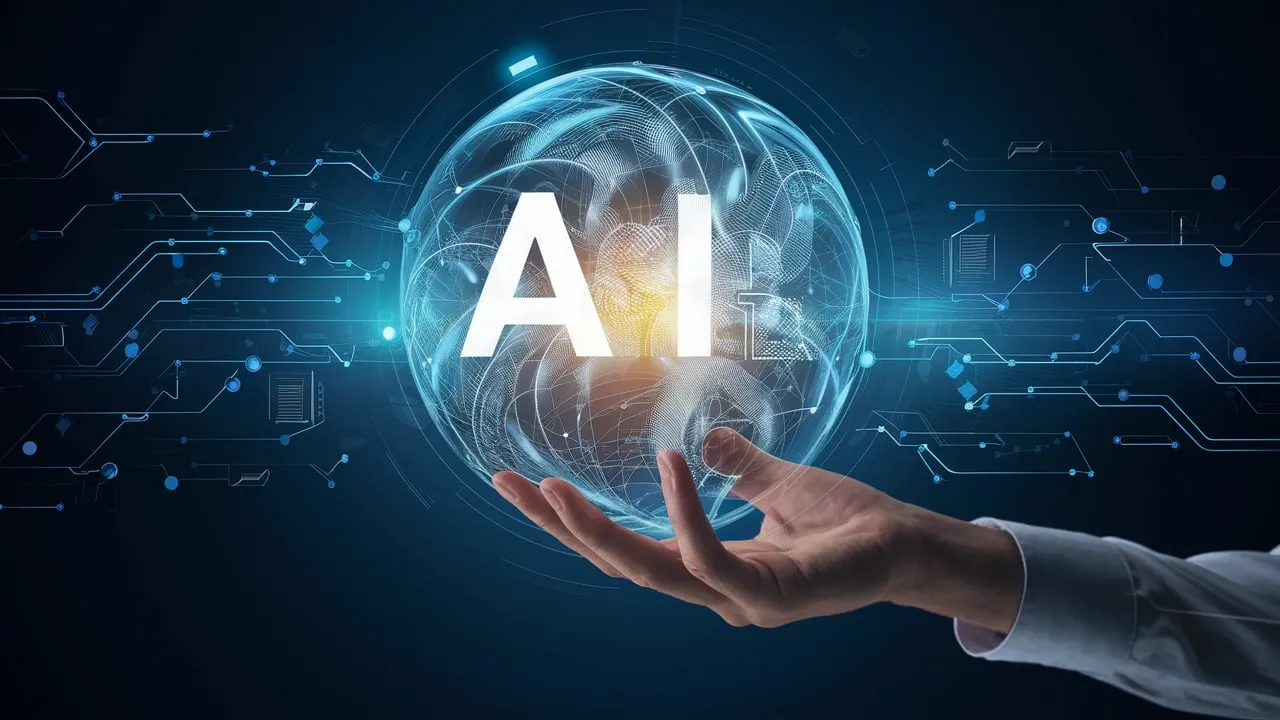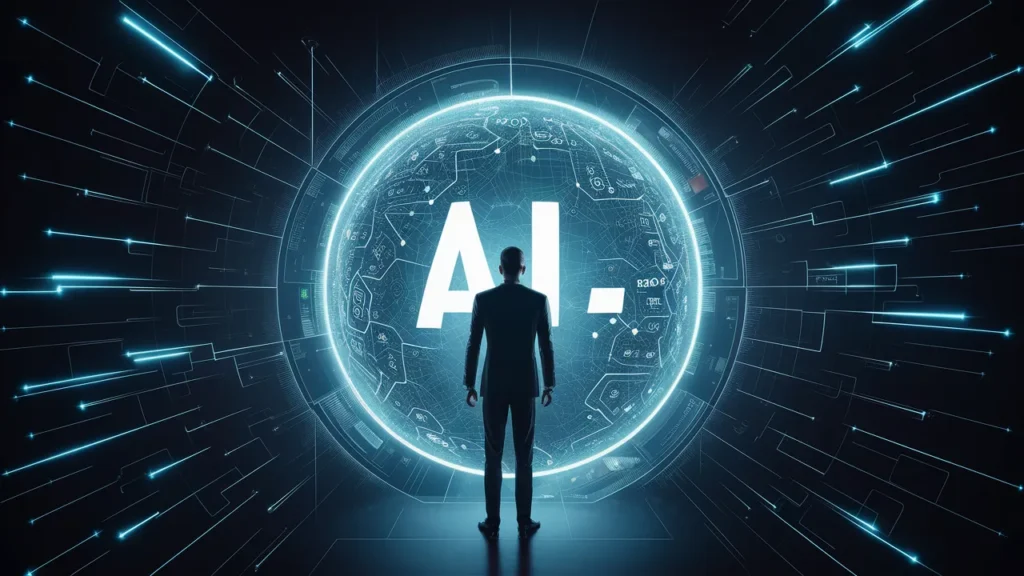
Introduction to the AI innovation
In this article, you will find out the AI Innovation: Transforming and then read about him. AI innovation will drive corporate transformation in 2024. With rapid technological developments, artificial intelligence is transforming how businesses operate, compete, and flourish. This article delves into the multidimensional impact of AI on corporate success, emphasizing major trends, industry-specific applications, and future prospects.
The Role of AI in Modern Business
Historical Context for AI in Business
AI’s foray into business began with basic automation and data processing jobs. Early uses were limited to repetitive and ordinary tasks. However, as technology evolved, so did the ability of AI growth strategies to impact more complicated commercial procedures.
Current Trends in AI Adoption
AI is being used in a variety of corporate applications, ranging from customer care chatbots to complex data analytics. Companies are leveraging AI in marketing to enhance efficiency, improve consumer experiences, and gain competitive advantages.
AI-Driven Business Strategies
Automation and Efficiency
AI-powered automation streamlines company processes, lowers operational costs, and boosts productivity. Businesses optimize their workflows through automated supply chain management and robotic process automation (RPA).
Personalization and Customer Experience
AI is revolutionizing customer interactions by offering individualized experiences. Machine learning algorithms analyze client data to provide specific recommendations that increase satisfaction and loyalty.
Predictive Analysis and Decision-Making
Predictive analytics powered by AI for startups allows organizations to make data-driven decisions. AI models forecast future patterns by studying historical data, allowing businesses to solve difficulties and capitalize on opportunities ahead of time.

Impact on Various Industries
Healthcare
AI is transforming healthcare by improving diagnosis, customizing treatment programs, and streamlining administrative procedures. Machine learning models use patient data to diagnose diseases early and offer individualized therapies.
Finance
In finance, AI algorithms are used to detect fraud, analyze risk, and provide tailored banking services. Automated trading algorithms and robo-advisors are revolutionizing investment methods and portfolio management.
Retail
Retailers use artificial intelligence to optimize inventory management, improve consumer experiences, and streamline supply chains. AI-powered chatbots and recommendation systems offer individualized shopping experiences, which boosts customer engagement.
Manufacturing
AI is improving manufacturing processes by using predictive maintenance, quality control, and supply chain optimization. Smart factories utilize artificial intelligence to monitor equipment, predict faults, and assure effective output.
Read More: Trending Fashion Styles for 2024: Your Complete Guide
Case Studies for Successful AI Implementation
Company A is revolutionizing customer service
Company A used AI-powered chatbots to manage client inquiries. This not only reduced response times, but also allowed human agents to focus on more difficult situations, resulting in higher overall customer satisfaction.
Company B is streamlining operations
Company B implemented AI in its supply chain management, which resulted in significant cost savings and increased efficiency. Predictive analytics enabled the organization to anticipate demand and optimize inventory levels.
Challenges of AI Adoption
Technical Challenges
Implementing AI solutions can be technically complex, necessitating specialised expertise and infrastructure. Companies must invest in training and development to develop AI-driven business solutions knowledge among their employees.
Ethical and Privacy Concerns
AI in finance poses ethical and privacy concerns, especially with data security and algorithmic prejudice. Businesses must verify that their AI methods adhere to rules and ethical norms in order to preserve confidence.
Future Prospects for AI in Business
AI and The Future of Work
AI will change the workforce by automating regular jobs and opening up new career options. While certain employment may become obsolete, other positions may develop that need AI technology trends management and supervision abilities.
Emerging AI Technologies
Emerging AI technologies, like quantum computing and improved natural language processing, have enormous promise for corporate innovation. These technologies will expand AI capabilities and applications.
Conclusion
AI innovation is certainly altering business growth by 2024. Companies that embrace AI-driven methods may increase productivity, tailor client experiences, and make better decisions. However, resolving technological and ethical problems is critical for long-term AI use. For the complete list of AI for business, click here Konnect Newz
FAQs
What are the key advantages of AI for businesses in 2024?
AI has several benefits, such as increased productivity, tailored customer experiences, and data-driven decision-making, all of which contribute to corporate development and competitiveness.
How can small firms use AI to grow?
Small firms may benefit from AI by implementing inexpensive AI solutions for automation, customer service, and data analytics, allowing them to compete with bigger organizations.
Which industries are most affected by AI?
AI has a huge influence on industries such as healthcare, banking, retail, and manufacturing, with benefits including improved procedures, tailored services, and predictive analytics.
What are the ethical implications of utilizing AI in business?
Ethical issues include protecting data privacy, minimizing algorithmic bias, and preserving openness in AI processes in order to develop confidence and comply with rules.
How do businesses overcome hurdles in AI implementation?
Companies may overcome AI implementation issues by investing in AI education and training, working with AI specialists, and establishing strong data governance frameworks.








